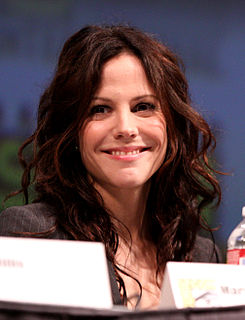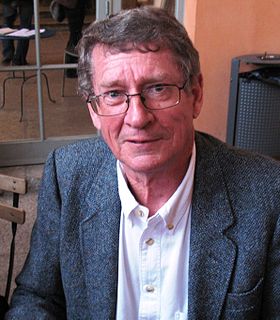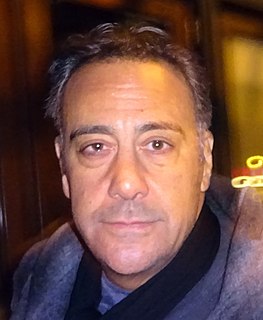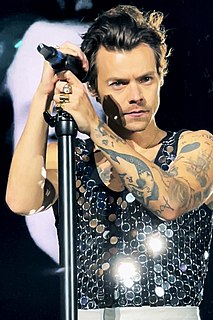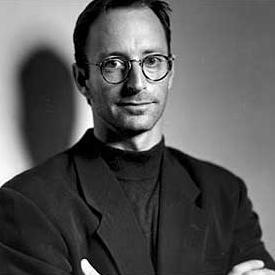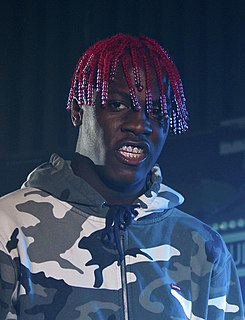A Quote by Mary-Louise Parker
You can never really tell, it's kind of a red herring until you see the project I think. You just know if you like working with someone or not, and he does have a real sweetness about him, I think.
Related Quotes
I can see it, hear it, feel it, taste it - but I can never be on the inside of it with you. I cannot even be sure whether I really know what it is like. Is it 'like' my own? Or incomparable? Just as I can never know if what you see at any given moment is exactly the same as what I see. We look at a colour. We both call it red. But it is only because we have been taught to call it by that name. There is no guarantee - not ever - that we see it in the same way, that your red is my red.
When you see Robert Englund in a movie, you think he is the bad guy, but if I'm not the bad guy, and I'm supposed to just kind of fool the audience, it makes it a lot easier for whichever actor is the bad guy. So I find myself doing a lot of those, I think they're called red herring characters, faking out the audience.
I love things that are brave enough to be nakedly about what our lives are actually built of, when you're wild about someone, or you love something, or you're a fool, or you embarrass yourself. And I don't think the answer is cynicism. Cynicism is not the cure for sentimentality. Cynicism is its own form of sentimentality. For example, I tried to watch Breaking Bad. After three episodes, I thought, I don't like this guy. I don't care about him. But you can see why people tell themselves that they think this is real. But real doesn't mean bad.
I think I'm better wired for television. I love variety as far as a project. I'm easily bored and the schedule of a television show, it just keeps you going. I love theater and I think doing a sitcom in front of a live audience is the closest you can get to theater, and it's really the best mix of like standup and theater, is really a sitcom. I started as a standup and I still continue to do that as well, so I think I'm just a TV guy and happy for it. I think my movie career is kind of like my social life, I'm picky and not in demand. So it perhaps is working out.
I really like the director [for Weeds]. I don't know if you've spoken to him yet but he's really, really intelligent. He was just really kind when I met him and nice and really told me why I should play the part...and kind of really didn't argue with him. He's just really, really smart and assembled these really great people. I felt like he really knows how to enlist his intelligence to get you - I don't know - he's really hard to argue with I find.
Actually, I think you have to know that whatever advice you give, they may not take it. The priority should be on keeping the friendship rather than giving the best advice. Your best advice is usually, 'Walk away from him! Tell him you never want to see him again!' But if you are dealing with someone still in love, nothing you say can change their feelings. All you can do is be there for them and pick them up every time they get hurt. Until, that is, they are ready to move on for themselves.
I'd like to be that chameleon. That's really ultimately what I want to hear from people eventually: 'I really love when I see him in stuff, but I never know he's gonna be here.' I want to be that actor that surprises you when you see him in a project, and you go, 'Yes! I love that guy. He's in this? Awesome.'
